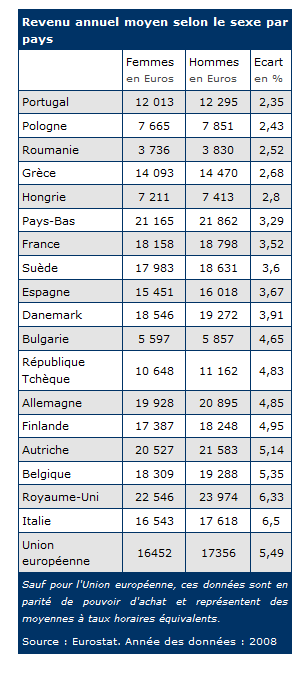I don’t understand music well enough to write more than a few lines about most songs. Seems a shame, though, to let them pass without any note. Start with tracks recommended by Troy, as ‘intensely passonate about unlikely topics’:
Numerology – These New Puritans (who really, really want to know what your favourite number is.)
That’s…surprisingly aggressive. I can kind of imagine being cornered in a dark alley by a gang of numerologists (triads?) and given this grilling. Somewhere between Tarantino and Monty Python. On a related topic, I give you a number romance. [do have a poke around on that site; I suspect at least some of it would appeal]
Fifty On Our Foreheads – White Lies (who are on a spaceship to the sun, and all going to die.)
ah, there’s nothing quite like an inexplicable science fiction dystopia. Questionable Content at one point had a motivational poster saying “Work harder, or we will fly you into the sun”. Now I know what they meant

Leechwife – Rasputina (cheating, as I already gave this to someone else, but on the other hand it really is intensely passionate about leeches)
I want to slip this into a school/university careers service, see if anybody takes up the suggestion.
Johnny On The Monorail – The Buggles (who are surprisingly intense for a song from that long ago. you know, about a monorail.)
oh, this is _fantastic_. I’ve spent most of my underground journeys this year in a state of inexplicable temporary bliss; now I have a soundtrack for it. Certainly my favourite of the five.
My Boy Builds Coffins – Florence & the Machine
Nice. I’d somehow avoided hearing any Florence & the Machine; I like. Had thought “hell, getting passionate about coffins, that’s hardly unusual”. Turns out it
s
.
